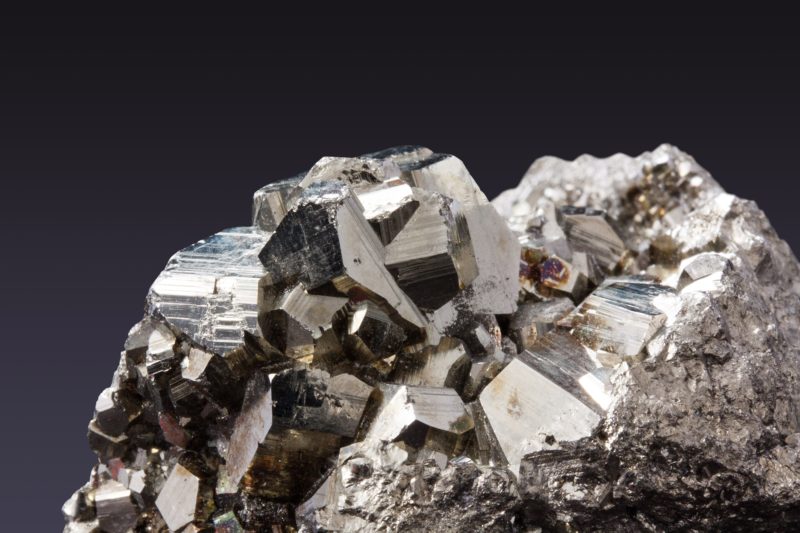Conflict minerals
The guidance was developed to help enterprises to ensure responsible purchasing of minerals (gold, tin, tantalum, wolfram) from conflict-affected areas.

Potential for growth, but also risk of escalating conflict
Natural mineral resources hold great potential for generating income, growth and prosperity. However, a significant share of these resources is located in conflict-affected and high-risk areas. Mining enterprises may contribute, directly or indirectly, to armed conflict and human rights violations.
Promotes responsible engagement in post-conflict fragile states
The OECD Due Diligence Guidance for Responsible Supply Chains of Minerals from Conflict-Affected and High-Risk Areas provides detailed recommendations to assist enterprises in their purchasing procedures to ensure that they respect human rights and avoid conflict. The objective of the guidance is ultimately to promote responsible private sector engagement in post-conflict fragile states.
Binding regulations
The OECD Guidelines are non-binding, but can contribute to binding regulations. The EU has incorporated recommendations from the conflict mineral guidance into the EU Conflict Minerals Regulation, which sets out binding due diligence requirements for importers. The guidance is also referenced and used in binding regulations in the United States and part of the legal framework in several African countries, notably the DRC, Burundi and Rwanda.
